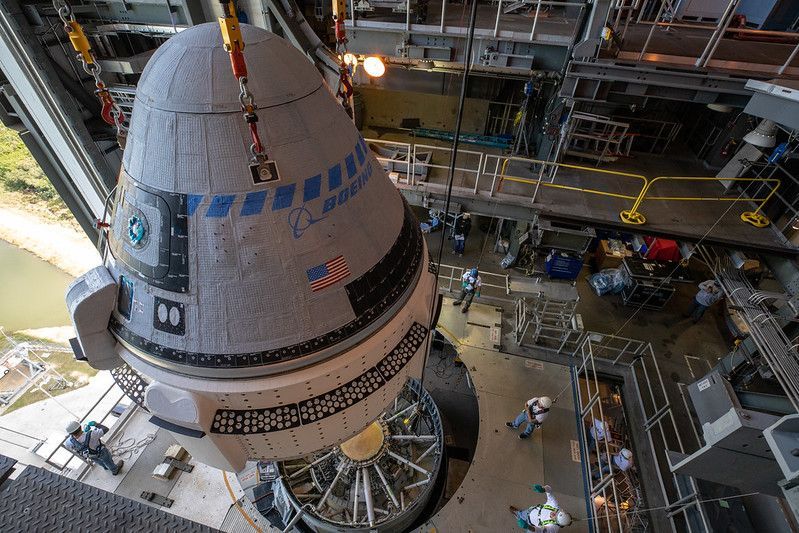With companies offering free shipping to gain a competitive edge, radical new technologies are being tested to cut the cost of the supply chain’s expensive “last mile”.
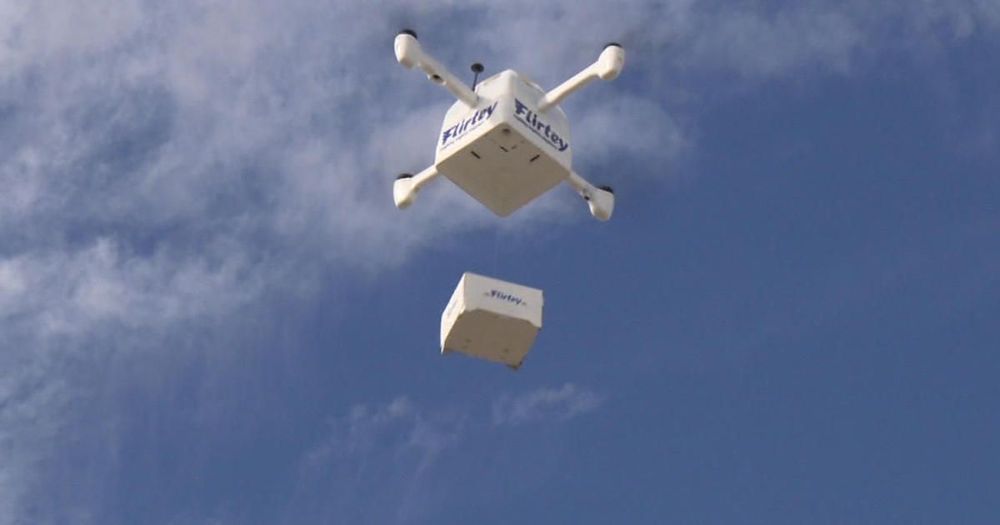

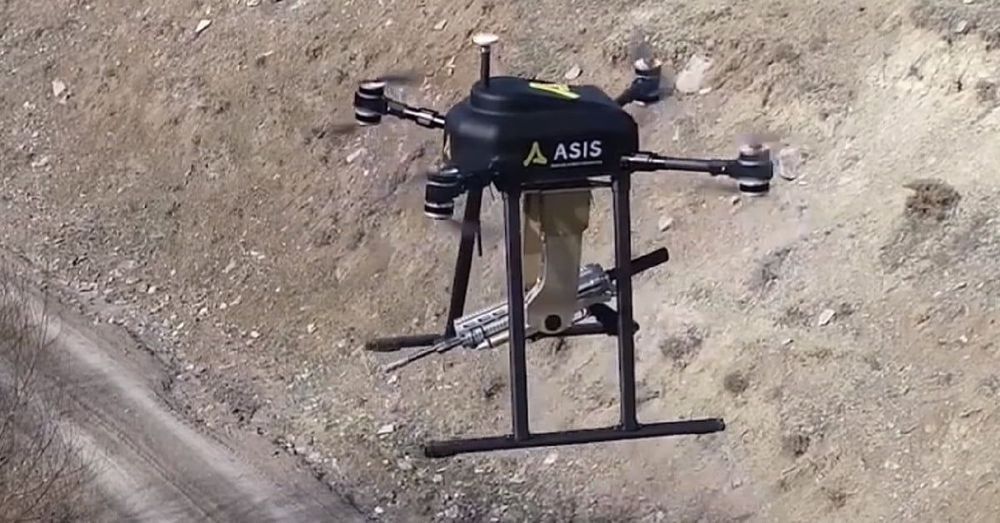

SpaceX’s drone ship Just Read the Instructions (JRTI) has arrived in Port Canaveral, Fla. after undergoing refurbishment in Louisiana. The droneship joins Of Course I Still Love You (OCISLY) at the port, bringing SpaceX’s tally of east coast-based droneships to two. The additional droneship will help SpaceX’s execute its busy 2020 manifest.
The astronauts who will one day explore Mars may be able to use a smart glove integrated into their space suits to control drones, using a simple hand gesture or finger movement. NASA and the SETI Institute have improved on a connected object created by a Norwegian start-up by the name of Ntention in order to integrate it into the thick and rigid suits worn by space explorers.
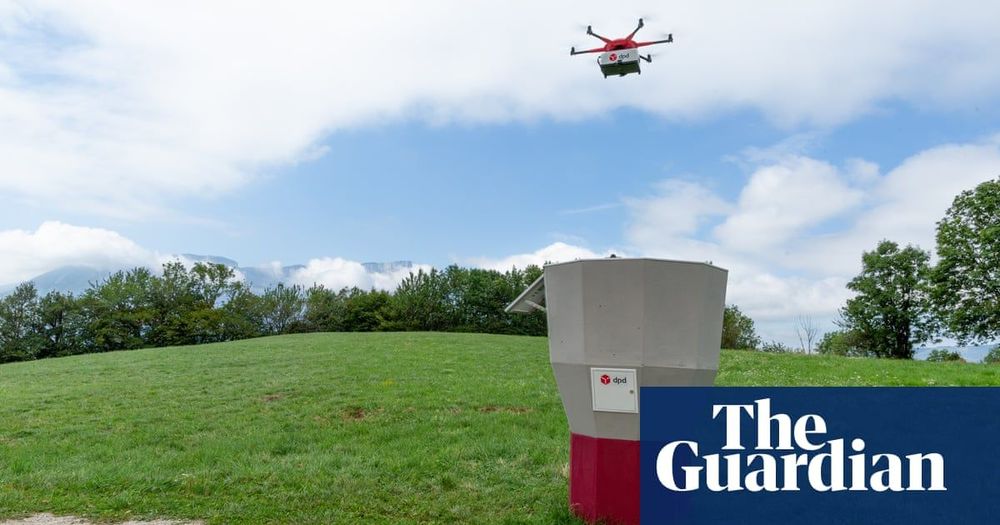
France’s postal service has begun using drones to make parcel deliveries to a remote Alpine village.
La Poste’s subsidiary, DPD, says flying packages by remote control is more reliable, quicker and safer than driving a van up narrow mountain roads in winter when they are often icy or blocked by snow.
The delivery by drone, which flies at around 30km/h, takes eight minutes for a round trip, compared with 30 minutes for a vehicle.

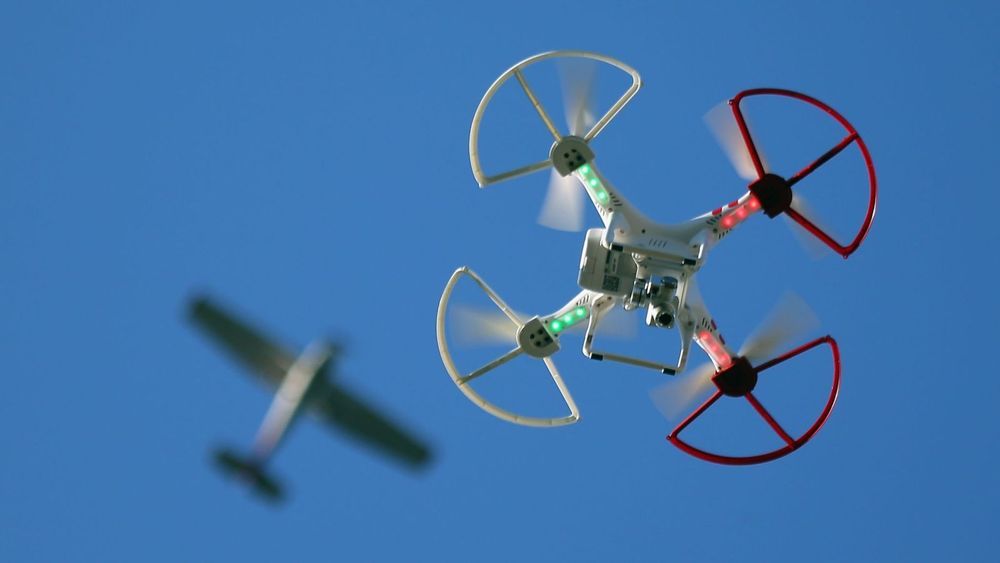
Not only are people still coming up with new drone applications, but they are also still coming up with new drone designs. How about the SQUID drone that is launched from a cannon mounted in the bed of a moving truck. Once the SQUID reached a certain altitude, it deploys and flies away like a ‘normal’ drone.
While propeller planes certainly do have their place, sometimes the extra speed and thrust of a jet engine is what’s really needed. Dallas, Texas-based FusionFlight has applied that sort of thinking to quadcopter-style drones, resulting in the AB5 JetQuad.
According to the company, the AB5 is “the world’s smallest and most powerful jet-powered drone with vertical take-off and landing [VTOL] capabilities.”
Instead of the usual four electric motors and propellers, the current prototype has four diesel-powered microturbine jet engines which produce a combined 200 horsepower (149 kW) at full throttle. Thanks to a proprietary vectoring system known as the H-Configuration, the thrust from these engines can be directed either to move the drone vertically when taking off and landing, or horizontally while in flight.
